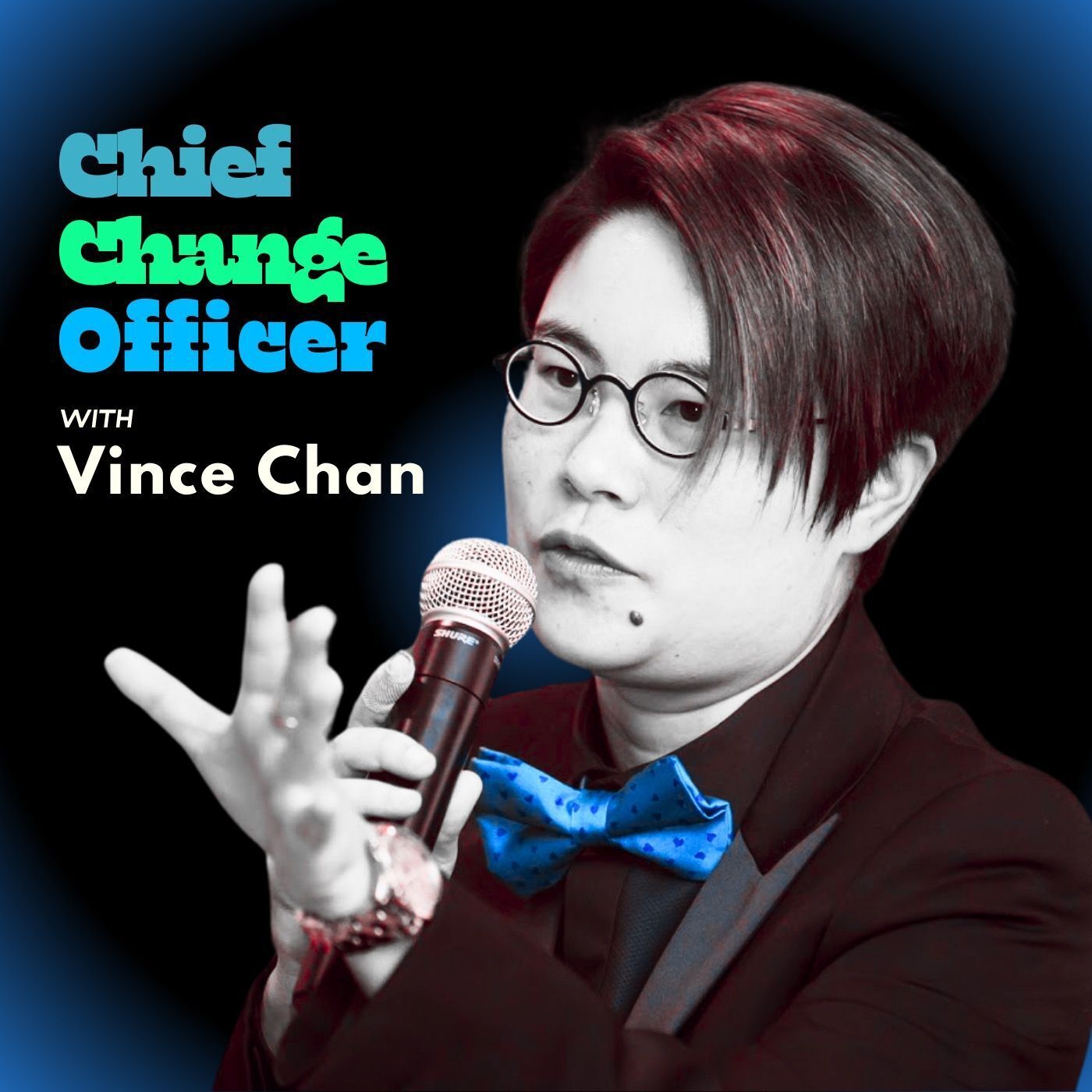#392 Robert MacPhee: From Parking Cars to Coaching Clarity—Lessons from a Chicken Soup Insider — Part Two
Robert MacPhee didn’t start out teaching values—he started out parking cars. But somewhere between the valet stand and becoming Jack Canfield’s right-hand man (yes, that Chicken Soup guy), Robert found his lane. Now the author of Living a Values-Based Life, he’s guiding people to stop driving in circles and finally align their actions with what truly matters.
In this second half of the series, Robert breaks down how to live out your values in everyday life—not just name them. We dig into why values change with life stages, what to do after you’ve identified your top five, and how to keep them visible and active as your world evolves.
If you’ve ever felt stuck, misaligned, or unsure what to prioritize, this episode gives you the clarity compass you didn’t know you needed.
Key Highlights of Our Interviews:
Why It’s So Hard to Define Our Own Values
“Most people’s initial list of values often reflects what they think others want to hear.”
We’re conditioned to impress, not reflect—until we learn how to tune out the noise and tune into what really matters.
How a Values-Based Life Can Improve Work
“Clarity about values doesn’t just make personal life better—it’s transformative for work too.”
Whether it’s contribution, integrity, or service, values-aligned action makes work more purposeful and less draining.
Do Values Change Over Time? The Short Answer: Yes.
“What mattered in high school may be worlds apart from your sixties or seventies.”
Life events—from caregiving to career pivots—reshape our internal compass. Values aren’t static; they evolve with us.
Keeping Values Visible
“Have them on your phone, your mirror, your nightstand—whatever it takes.”
Don’t just declare your values. Revisit them, reflect on them, and let them guide your daily decisions.
Borrowing Values When You Need Them
“Discipline and strength may not be on your list—but sometimes, you’ll need to call them in.”
Complementary values can be summoned in certain seasons—without betraying your core.
The 4 A’s: A Framework for Application
“Assess, pick an Area, choose Actions, and create Accountability.”
Robert’s system helps you go from intention to implementation—because without action, it’s just a nice conversation.
____________________________
Connect with us:
Host: Vince Chan | Guest: Robert MacPhee
--Chief Change Officer--
Change Ambitiously. Outgrow Yourself.
Open a World of Expansive Human Intelligence
for Transformation Gurus, Black Sheep,
Unsung Visionaries & Bold Hearts.
EdTech Leadership Awards 2025 Finalist.
20 Million+ All-Time Downloads.
80+ Countries Reached Daily.
Global Top 1% Podcast.
Top 5 US Business.
Top 1 US Careers.
>>>180,000+ are outgrowing. Act Today.<<<
See Privacy Policy at https://art19.com/privacy and California Privacy Notice at https://art19.com/privacy#do-not-sell-my-info.
Press play and read along
Transcript
Transcript is processing—check back soon.





